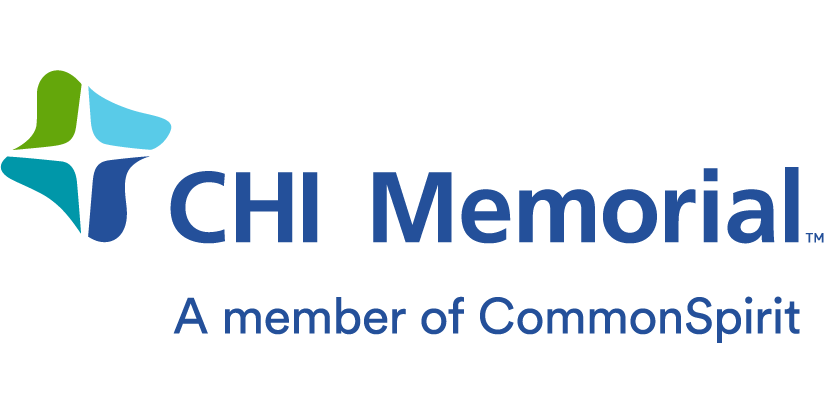
Diagnostic Cardiovascular Sonography Program
CHI Memorial Diagnostic Cardiovascular Sonography Program provides comprehensive education and training for students. We provide the tools for you to become a skilled sonographer by combining didactic coursework, hands on lab training, and clinical experience in as little as 12 months. We will prepare our students for certification exams from professional organizations such as the American Registry for Diagnostic Medical Sonography (ARDMS) or the Cardiovascular Credentialing International (CCI).
Prerequisite courses:
- Human Anatomy and Physiology I with lab
- Human Anatomy and Physiology II with lab
- Physics I
- Statistics
- Medical Terminology
In addiiton to the prerequisite courses, we require a high school diploma or GED and completion of a patient-centered care degree or certification.
Field of current certification:
- Radiologic Technologist
- RN & BSN
- Respiratory Therapy
- CNA
- MD, PA or NP
Future classes will include a pathway for students without patient care degrees which will take approximately 15 months to complete, vs. 12 months for students with a patient care background.
The CHI Memorial Cardiac Sonographer academic program spans 12 months, with the option to expand clinicals three months in the future if student has a non-patient care background, but has completed prerequisites. Didactic coursework will include in-person, online, and virtual methods. Clinicals and labs will be completed in the CommonSpirit Health system or affiliate programs.
Program length, format and curriculum:
Term 1 - 4 months
- Echo 1
- Vascular 1
- Physics 1
- CVT Patient Care
- Clinical Lab
Term 2 - 4 months
- Echo 2
- Vascular 2
- Physics 2
- Pharmacology
- Introduction to Cardiovascular Technology
- Clinical Lab 2
- Clinicals
Term 3 - 4 months
- Echo 3
- Vascular 3
- Clinical Lab 3
- Clinicals - 4 months (with 3 additional months for non patient care degrees)
Why choose the field of Echo & Vascular Sonography?
Both echocardiography and vascular sonography are highly sought after in the medical field, each serving critical roles.
- Echocardiography: The purpose of echo ultrasound focuses on imaging the heart to assess its structure and function. It is used to diagnose heart conditions, such as valve disorders, heart failure, and congenital heart defects. The demand for echocardiographers is strong due to the increasing prevalence of cardiovascular diseases and the need for detailed cardiac assessments. The specialized nature of performing cardiac ultrasound and its importance in diagnosing and managing heart conditions contribute to a robust job market.
- Vascular Ultrasound: The purpose of vascular ultrasound is to image blood vessels, assess blood flow, and detect conditions such as deep vein thrombosis, carotid artery disease, and peripheral vascular disease. There is a growing demand for vascular sonographers as the aging population and prevalence of vascular disease increase. Vascular ultrasound is crucial for diagnosing and managing conditions that can lead to serious complications if not treated.
Both specialties offer strong job prospects in various settings and being registered in both increases marketability. Professionals skilled in these areas are often in demand due to specialized knowledge and skills required for accurate imaging and interpretation due to their mastery of cardiovascular hemodynamics.
